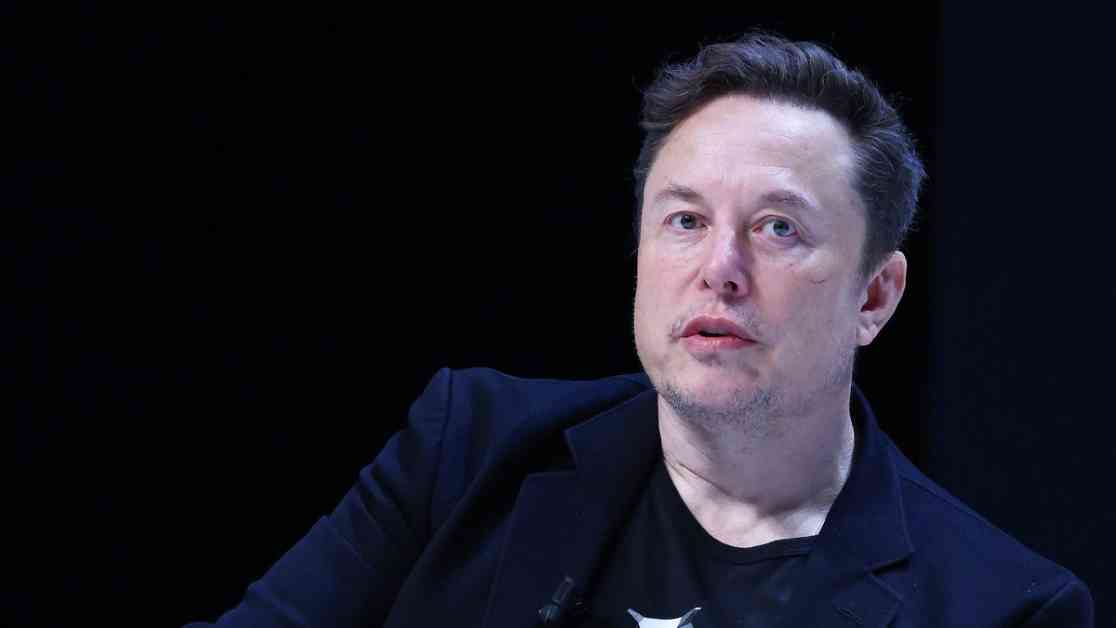Elon Musk, the billionaire entrepreneur, has recently made headlines for his controversial $10 million donation to the Population Wellbeing Initiative at the University of Texas at Austin. This donation is part of Musk’s larger pronatalism movement, which focuses on encouraging higher birth rates to prevent a potential population collapse.
Musk’s obsession with global fertility rates has been evident in his public statements and actions. He has fathered at least 12 children, with six of them born in the past five years. Musk’s belief in the importance of having more children is deeply rooted in his fear of a collapsing birth rate, which he sees as the biggest threat to civilization.
The Population Wellbeing Initiative, funded by Musk’s donation, aims to promote the idea that low fertility rates are a key threat to long-term flourishing. However, this fear-based approach has raised concerns about Musk’s underlying motives. Critics have pointed out Musk’s ties to eugenics and his belief in the biological superiority of certain races, which have sparked controversy and debate.
Despite Musk’s philanthropic efforts through the Population Wellbeing Initiative, questions remain about the true intentions behind his pronatalist movement. Musk’s focus on encouraging higher birth rates and his selective breeding beliefs have raised ethical and moral concerns among experts and the public.
As Musk continues to advocate for pronatalism and invest millions of dollars in this cause, the implications of his actions and beliefs on society and future generations remain unclear. It is essential to critically examine Musk’s pronatalist agenda and its potential impact on human diversity, equality, and ethical considerations.
In conclusion, Elon Musk’s controversial pronatalism donation has sparked a heated debate about the ethical implications of encouraging higher birth rates and selective breeding. Musk’s beliefs and actions have raised concerns about eugenics, racial superiority, and the long-term consequences of his pronatalist movement. As the discussion continues, it is crucial to consider the broader societal implications of Musk’s philanthropic efforts and their impact on future generations.










